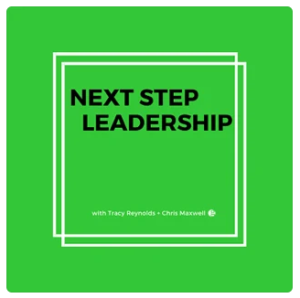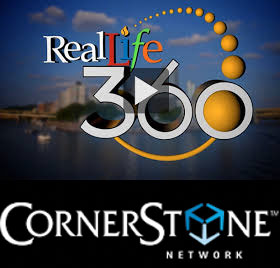From the book Pause With Jesus: Encountering His Story in Everyday Life
As we look at firm comments of Christ, we must keep them in the large context of His mission. They are parts of the story. Christ’s story. Our stories.
This chapter highlights a week in His life that moved so many components of the story toward a revelation of that mission. This chapter reminds us to glance back in time as the Strong One became weak, as the God-Man intentionally gives up His superman cape, as followers applaud then seek to crucify, as politics and religion are nothing new, as love really does lie bleeding.
Engage in the moments of this week. Place yourself in the scenes. Embrace the tension of history. Welcome that tension into your present story.
How? By letting a reading of Christ entering a city become more that historical Palm Sunday. Allow that past tradition to inspire true, genuine worship. Sing and celebrate, walk and run, stare and imagine, all while marveling in His presence. Invite His entrance into the town of your calendar, the cities of your relationships, the metropolis of your thoughts, the valley of your emotions.
Study into the history of that event—reading and research as time with Jesus.
Be still and meditate on the historical moment—silence and contemplation as time with Jesus.
Read the entire context of Jesus entering town—use a variety of translations and commentaries. Journal your own thoughts and feelings. Remember times of celebrating Christ. Think of times you should have but didn’t.
Continue thinking about the week. Jesus taking His two-mile journey from Jerusalem to Bethany—what were His thoughts? Jesus as He fell asleep; Jesus as He woke in the morning—how do those memories make you feel? Jesus protesting in the temple, arguing with chief priests, announcing His death, debating with religious leaders—learn more about Him in each of those incidents.
Read the words Christ spoke. Read about the greatest commandment.
Take time to read of Judas signing a contract to betray Jesus. Stay a while in that scene.
And let the story guide you as you think and pray and study and learn. Let each segment of the drama remind you, confront you, hurt you, and heal you.
Hear Jesus calling religious leaders hypocrites and snakes.
Hear Jesus crying about Jerusalem’s rejection.
Hear conversations with Christ and His followers at their Passover meal.
What if you had been in those scenes with them? What can you learn from them in your present chapter of life?
Visit the Garden of Gethsemane—listen to His prayer.
Visit the outward part of the Garden—observe His arrest.
What does that mean to us today, now? How should our lives be affected by that historical week? How can these weeks in our hurried world slow a bit and let us recall the face of Christ staring at His accusers, glancing at His denier, as He felt such deep pain from punishment He never deserved.
Listen to joyful songs about His entrance into a city.
Listen to painful songs about His death on a cross.
Shout and celebrate. Think of Jesus entering your own town. Select a song you would want to hear playing as He walked by. Visualize His facial expression as He made eye contact with you. Notice your city and weep for the wounded hearts. Receive Communion in silence. Apologize for denying Him. Stare at the crowds against Him. And choose.
Choose this week to learn from that week.
Choose this week to live like Christ.









